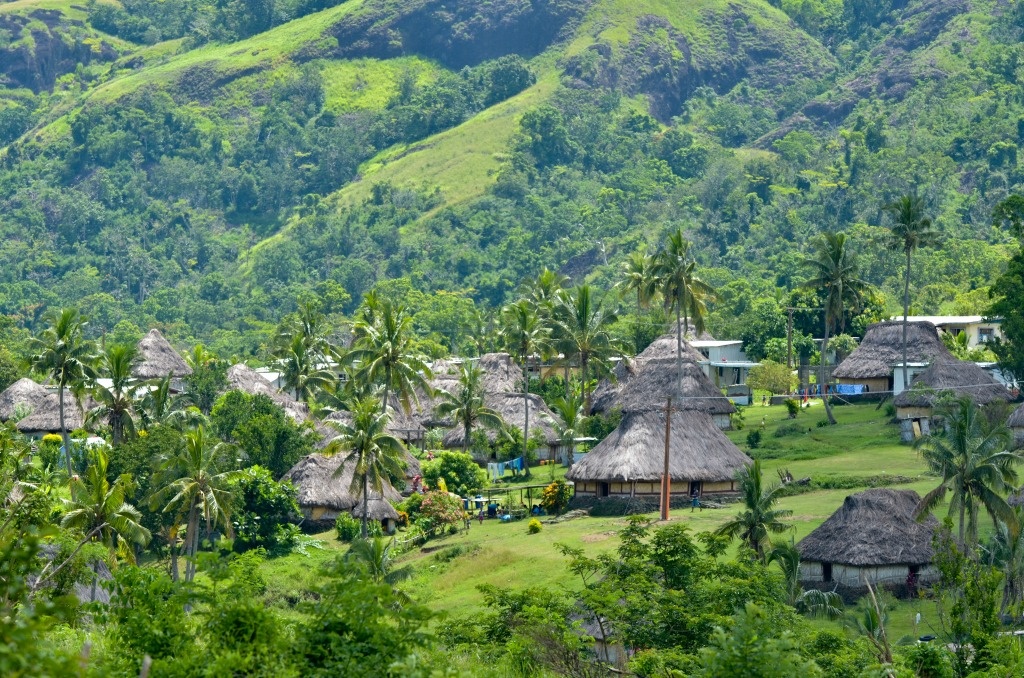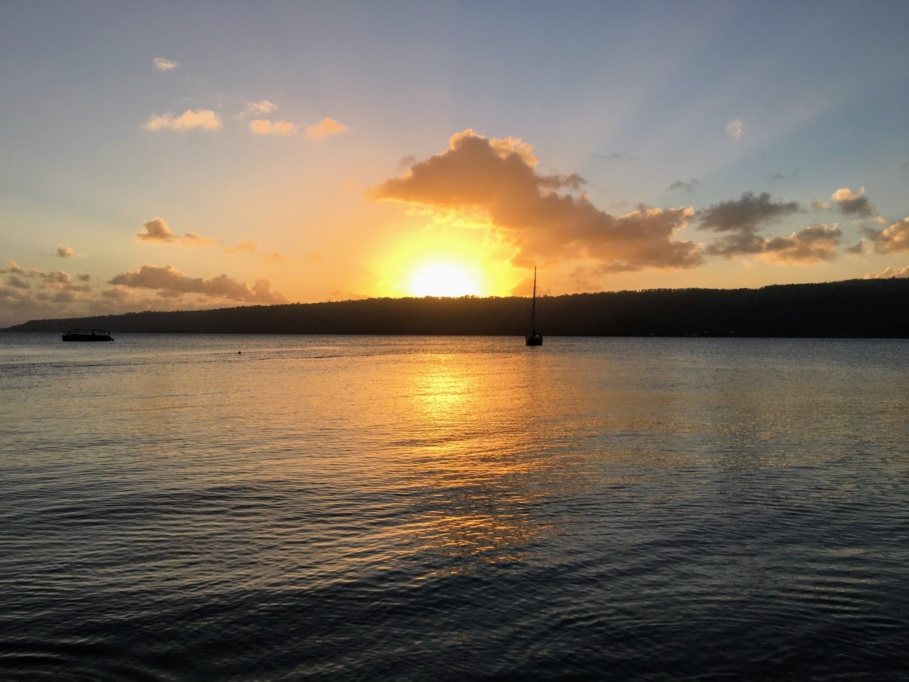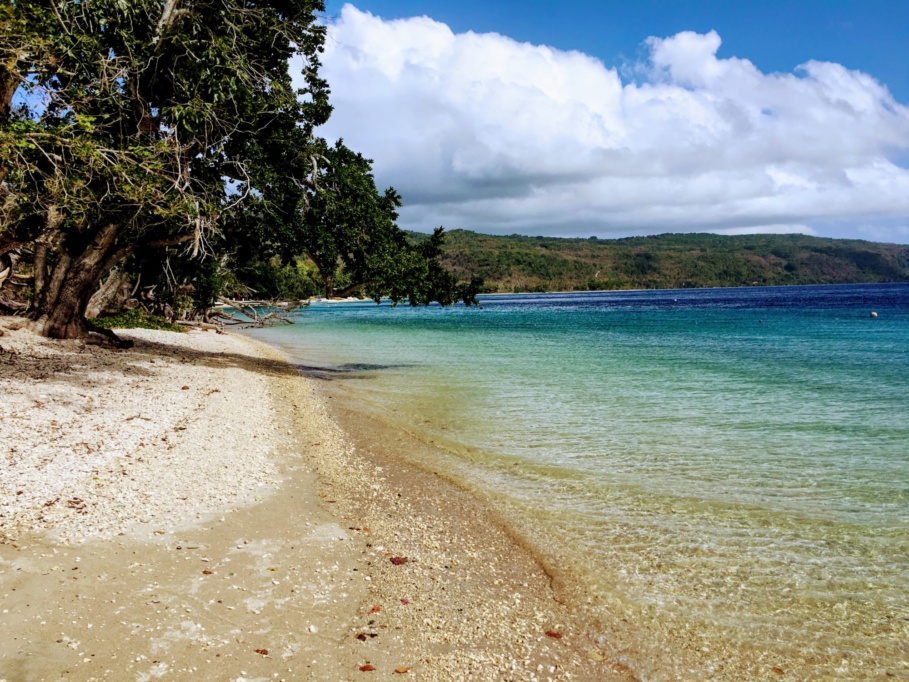PACIFIC PARADISE
VANUATU
Discover Vanuatu’s Rich History, Delicious Cuisine, and Vibrant Culture: From Traditional Melanesian Roots to Colonial Influences, Experience the Unique Flavors, Festivities, and Scenic Beauty of This South Pacific Paradise
Experience Vanuatu: A Journey Through History, Cuisine, and Culture
Vanuatu, a lush archipelago in the South Pacific, is a land where vibrant culture and rich history come together in a captivating mosaic. This island nation, comprising over 80 islands, offers a deep dive into a unique blend of traditional Melanesian heritage and colonial influences.
The history of Vanuatu is as diverse as its geography. Originally settled by Polynesians and Melanesians, the islands were later visited by European explorers. The arrival of the French and British in the late 19th century led to the establishment of a shared colonial administration known as the Anglo-French Condominium. This dual influence has left a lasting imprint on the country’s cultural and historical landscape. Vanuatu gained independence from France and Britain in 1980, but the echoes of its colonial past can still be seen in its architecture and customs.
Vanuatu’s food is a testament to its rich cultural heritage. The traditional diet primarily consists of fresh, locally sourced ingredients. The staple food is taro, a root vegetable that is boiled, baked, or mashed and serves as a versatile base for many dishes. Another local favorite is yam, often cooked in a similar manner. Both taro and yam are integral to the traditional Vanuatu feast, known as a “laplap,” where they are wrapped in banana leaves and cooked underground using hot stones.
Seafood plays a prominent role in Vanuatu’s cuisine. Fresh fish, particularly tuna and snapper, is grilled or prepared in coconut milk, delivering a deliciously rich flavor. One of the most popular dishes is “kokoda,” a ceviche-like preparation where fish is marinated in lime juice, mixed with coconut milk, and flavored with fresh herbs and vegetables. The combination of zesty lime, creamy coconut, and tender fish makes kokoda a refreshing and flavorful dish that captures the essence of island cuisine.
The cultural vibrancy of Vanuatu is equally compelling. Traditional dances, such as the “nakae” and “kava ceremonies,” play a central role in community life. The “kava ceremony” involves drinking a beverage made from the kava root, known for its calming effects. It is a social event where people gather to discuss important matters, celebrate, and strengthen communal bonds.
The islanders also celebrate various festivals, like the “Bislama Festival,” showcasing their music, dance, and art. These festivals provide a window into the islanders’ daily life and their connection to their ancestral roots.
In Vanuatu, history and culture are not just preserved but are actively celebrated. From its traditional cuisine to its vibrant festivals, the country offers a rich tapestry of experiences that reveal the essence of this Pacific paradise.



